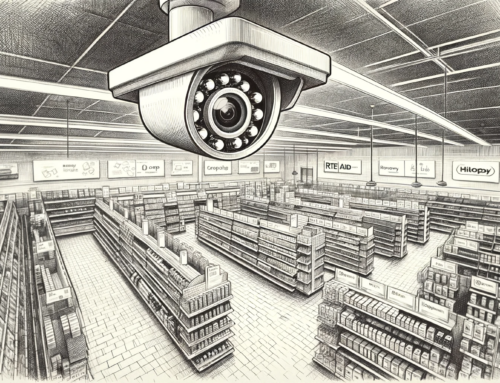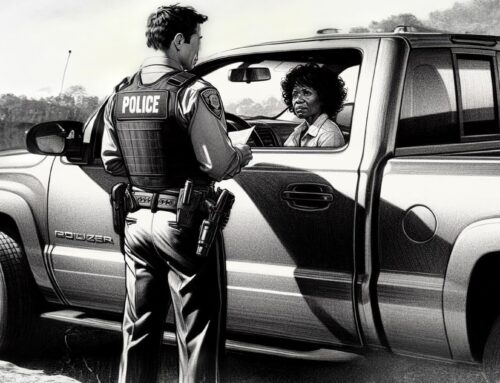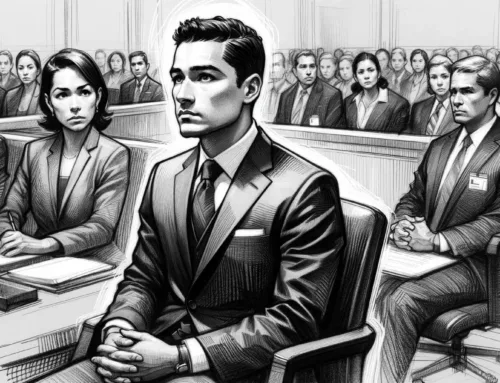Wrongfully Accused: The Dangers of Facial Recognition Technology
Facial recognition technology is a powerful tool that can help law enforcement identify suspects. However, as highlighted in the recent New York Times article “Eight Months Pregnant and Arrested After False Facial Recognition Match,” it also poses serious risks of misidentification and wrongful arrest if not used responsibly.
The Story of Porcha Woodruff
Porcha Woodruff’s story illustrates the nightmare that can ensue when facial recognition leads police astray. As described in the article, Woodruff was falsely accused of carjacking based on a facial recognition “match” to surveillance footage. Despite being eight months pregnant at the time, Woodruff was arrested in front of her home and daughters, held for 11 hours, and charged before the case was eventually dismissed.
The emotional trauma on Woodruff and her family was immense. As her lawyer noted, the police should have conducted further investigation to verify the facial recognition hit. Relying solely on the technology’s identification, despite its well-known flaws, led to a dramatic violation of Woodruff’s rights and privacy.
How the Misidentification Happened
According to the police report, the facial recognition match came from comparing surveillance footage to an old mugshot of Woodruff from a previous arrest. However, the system failed to identify the key differences between Woodruff and the actual suspect. The suspect was not visibly pregnant, while Woodruff clearly was at eight months along.
After the automated match, a detective then asked the victim to identify Woodruff from a photo lineup. As psychology professor Gary Wells noted in the article, this compounds the facial recognition error, as eyewitnesses tend to confirm the computer’s suggestion, whether accurate or not.
Dangers of Automated Policing
Woodruff’s arrest exposes the pitfalls of overreliance on algorithmic tools like facial recognition. When used improperly, they erode due process while providing a false sense of certainty. The technology inevitably contains biases and flaws that lead to misidentifications.
Unfortunately, Woodruff’s case follows a pattern in Detroit, where most facial recognition searches focus on Black men. This underscores the racial biases embedded in policing technologies.
Toward More Responsible Use
As this wrongful arrest demonstrates, facial recognition alone should not be the basis for arrest or charges. Police must take reasonable steps to corroborate the automated match with other evidence. They also cannot pass the buck to “automatic” systems but must apply discretion and oversight to prevent ruining innocent lives.
While facial recognition can aid investigations, it is not infallible. Ensuring justice requires responsible use focused on enhancing – not replacing – human judgment. Porcha Woodruff’s traumatic experience is a wake-up call we must heed to prevent similar injustices.
For more on this case, read the full New York Times article here. Have you or a loved one been wrongfully accused due to facial recognition? Contact our office today to protect your rights. We provide aggressive criminal defense to prevent miscarriages of justice.
CALL US NOW for a CONFIDENTIAL CONSULTATION at (305) 538-4545, or simply take a moment to fill out our confidential and secure intake form.* The additional details you provide will greatly assist us in responding to your inquiry.
*Due to the large number of people who contact us requesting our assistance, it is strongly suggested that you take the time to provide us with specific details regarding your case by filling out our confidential and secure intake form. The additional details you provide will greatly assist us in responding to your inquiry in a timely and appropriate manner.








